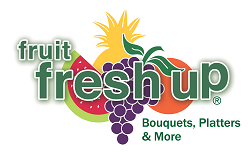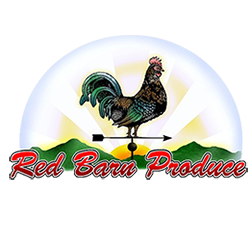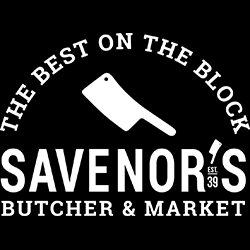Change has been a constant since New York's Hunts Point Produce Market opened at its present location in Bronx, N.Y., in 1967, and a lot of those changes have occurred within the past decade or so.
A shifting customer base, rampant consolidation and a new role for produce salesmen are some of the changes observed or predicted by Hunts Point distributors.
The time when major supermarket chains did their produce shopping at the market is long gone, said Bert Bifulco, head salesman for Rubin Bros. Produce Corp. and a 30-year veteran of the company.
“Now, the only time the market really hears from the chains is when there are shorts,” he said.
Rubin Bros. serves some retail stores and small wholesalers, while many restaurants buy from the firm's wholesaler customers.
Some restaurant owners come in every day or every three days or so to pick up some mushrooms or a box or two or lettuce or mesclun, he said. It doesn't pay for a distributor to deliver a few boxes of vegetables to a restaurant.
But the business is not what it was 10 or 15 years ago, Bifulco said, since more options exist for produce buyers.
Joel Fierman, president of Fierman Produce Exchange Inc., a full-service house that specializes in potatoes and onions, made a similar observation.
“There are so many avenues for these merchants to go down now.”
But Fierman, who has worked on the market for 50 years, said he's not complaining.
“We still move plenty of product,” he said.
“The customer base is always changing a little bit,” said Mike Cochran, vice president at Robert T. Cochran & Co. Inc. and a 23-year veteran of the market.
Some of the ethnic-owned stores are disappearing because members of the new generation are reluctant to take over the family business. Some owners abandoned their businesses during the COVID-19 pandemic, Cochran said.
His own father, Richard, retired during the pandemic after 43 years at the company.
Produce houses also are diversifying by taking on additional functions, such as deliveries, Bifulco said.
Houses have acquired fleets of trucks, since many of their customers now prefer to call in their orders for delivery rather than drive to the market to pick them up, he said.
“The distribution channel has changed,” Fierman said in agreement.
“We've become more of a delivery company, where our customers used to come in and buy their stuff,” he said.
Five years ago, Robert T. Cochran & Co. installed Produce Pro software that the provider says “helps to streamline operations, increase profitability and deliver results you can see.”
“With a couple of keystrokes you can get a report that it would take most of the day to complete,” Cochran said.
The company was able to reduce its staff from 12 a few years ago to three today.
“It's probably in better shape than it was then,” he said.
New digital ordering systems are the future of the industry but could result in fewer new sales jobs or a new role for current salesmen if the technology does away with personal contact and eliminates an opportunity to sell additional product when a buyer calls in an order, Fierman said.
“The salesman is actually going to have to go out and sell,” he said. “It could be the next evolution of this business.”
“The market became very modernized,” Bifulco said.
Rubin Bros. is “all computerized — upstairs and downstairs,” he said.
Bifulco agreed that texting an order or ordering online can eliminate some sales opportunities.
“When a guy sends you a text or sends you something over the internet, you don't have a shot at selling him anything else,” he said. “You're only giving him what he wants.”

















